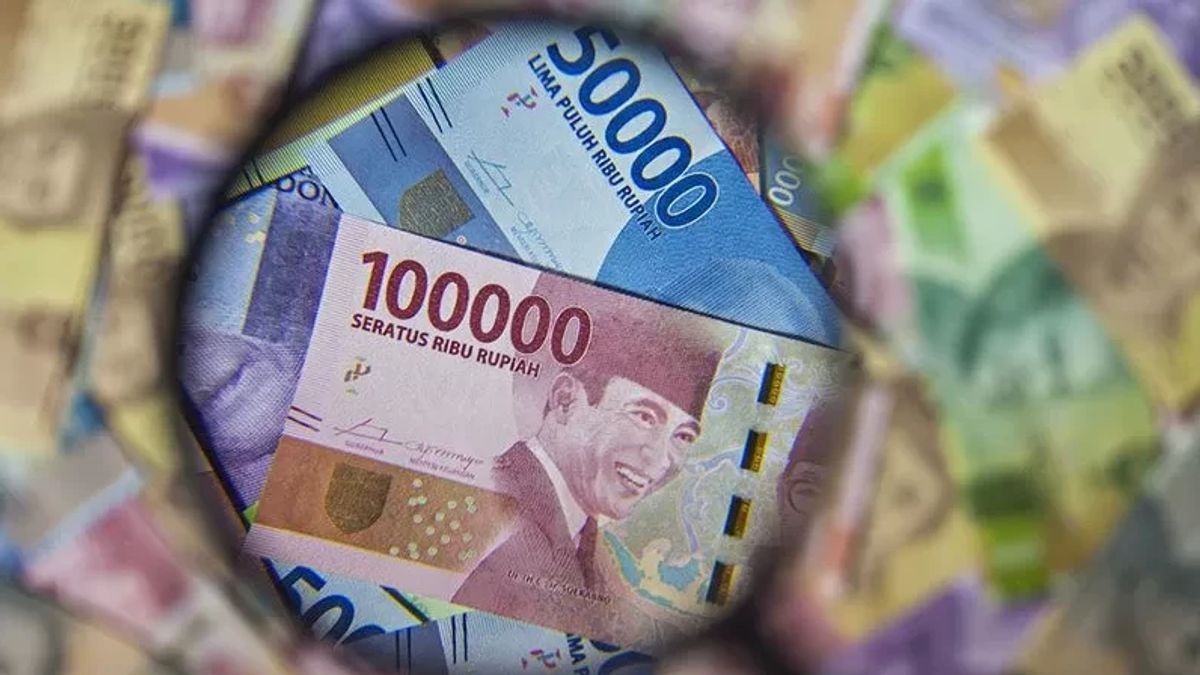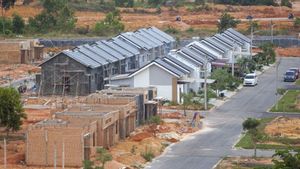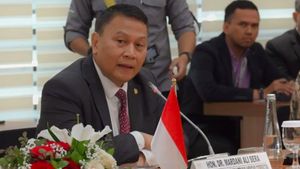JAKARTA - President Director of PT Bank Rakyat Indonesia (Persero) Sunarso explained the opportunities and challenges faced by the banking sector throughout 2023.
"There are those that we categorize as supporting factors that we will compete with the challenging factor," said Aunarso in a Hearing Meeting (RDP) with Commission VII DPR RI, Tuesday, March 28.
The supporting factor referred to by Sunarso includes increasing business activities and the community's economy in line with controlling the Covid-19 case.
"Mobility and community activities are getting higher and become the main driver of economic growth," added Sunarso.
The second factor, he continued, is that commodity prices are starting to move down even though they are still at a high level. According to him, commodity prices that are slow to fall but global uncertainty regarding the end of the Russia-Ukraine war makes global commodity prices projected to be still higher than the pre-pandemic level.
"So that our exports actually improve and this improves our trade balance," he said briefly.
The next supporting factor is the stable and positive investment queen of Indonesia. According to Sunarso, various international credit rating agencies provide a stable and positive investment rating for the Indonesian economy.
"It gives confidence to investors to enter their capital into Indonesia," he explained.
And the last factor is the extension of the Covid-19 restructuring relaxation until 2024. It is known that the OJK has decided to extend the relaxation of the Covid restructuring from the beginning ending in March 2023 to March 2024.
"So that it can have a positive impact on MSMEs and banks," continued SUnarso.
Meanwhile, challenging factors include the recession in America and the slowdown of the global eonomy which is a challenge in itself.
"The US economy is expected to fall into a recession in the second semester of 2023," he said. This is allegedly disrupting the aggregate pace of global economic growth.
Second, geopolitical tensions of global politics and supply chain disruption. The uncertainty over the end of the Russian and Ukraine war and the heated up of China-Taiwan has boosted global geopolitical uncertainty and has the potential to disrupt global supply chains.
Third, the pressure of inflation is still high. Sunarso imitated the government's decision to reduce the price of fuel subsidies, causing the government to increase the price of Pertalite type fuel which then had an impact on rising inflation until 2023.
"Hopefully now the impact will be reduced. It seems that February will rise again. This will encourage an increase in production, a decrease in people's real income and the potential for reducing people's savings in banks," said Sunarso.
Finally, the driving factor is the global banking crisis that has occurred some time ago, such as Silicon Valley Bank (SVB) and Credit Suisse, which are experiencing liquidity and capital difficulties.
"This can provide negative sentiment to domestic banking," concluded Sunarso.
The English, Chinese, Japanese, Arabic, and French versions are automatically generated by the AI. So there may still be inaccuracies in translating, please always see Indonesian as our main language. (system supported by DigitalSiber.id)













